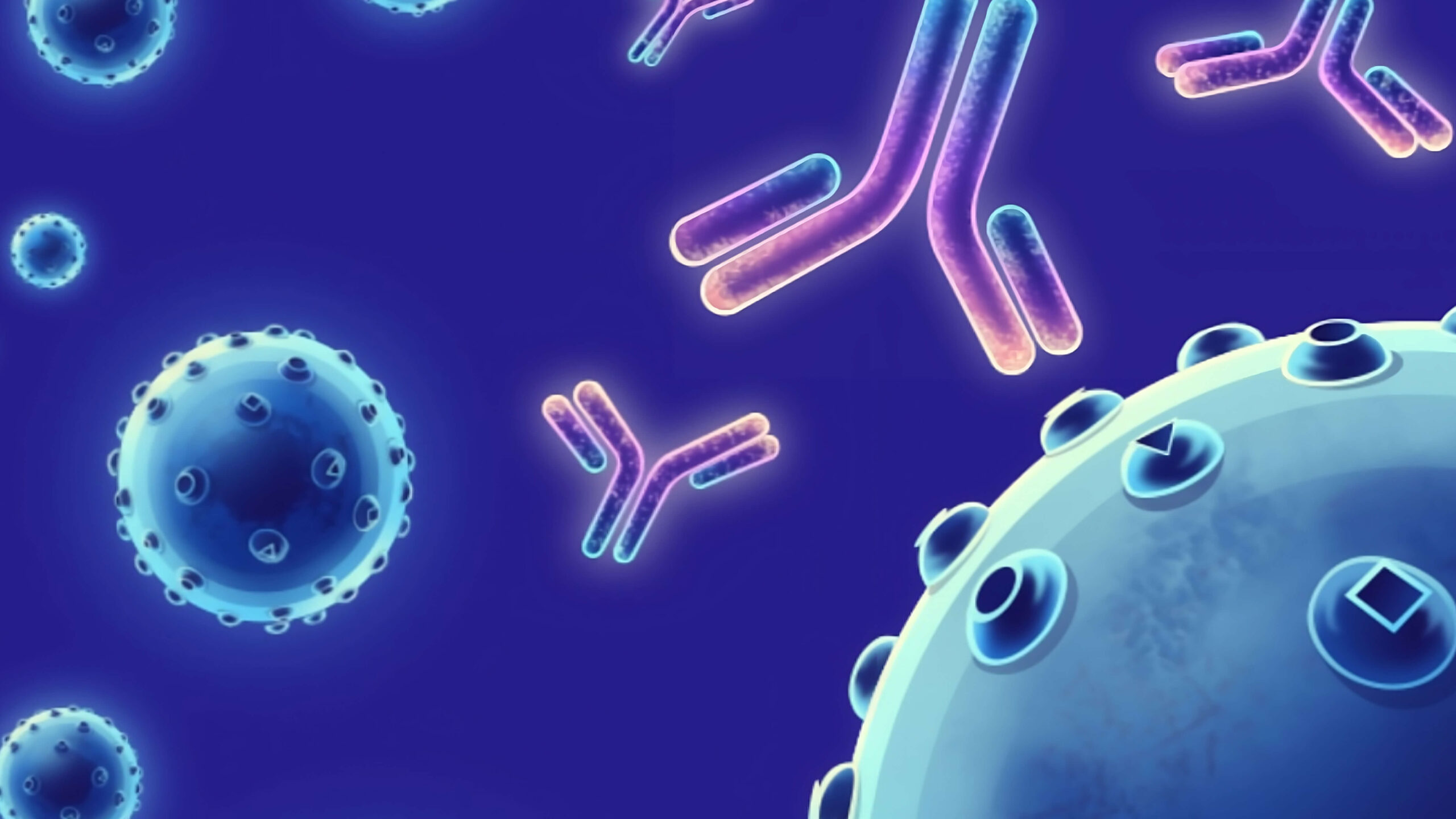Description
TRKA is a member of the neurotrophic tyrosine kinase receptor (NTKR) family. It is a membrane-bound receptor that, upon neurotrophin binding, phosphorylates itself and members of the MAPK pathway. Isoform TrkA-III promotes angiogenesis and has oncogenic activity when overexpressed. Isoform TrkA-I is found in most non-neuronal tissues. Isoform TrkA-II is primarily expressed in neuronal cells. TrkA-III is specifically expressed by the pluripotent neural stem and neural crest progenitors. The presence of NTRK1 leads to cell differentiation and may play a role in specifying sensory neuron subtypes. Mutations in the TRKA gene have been associated with congenital insensitivity to pain, anhidrosis, self-mutilating behavior, mental retardation, and cancer. It was originally identified as an oncogene as it is commonly mutated in cancers, particularly colon and thyroid carcinomas. TRKA is required for high-affinity binding to nerve growth factor (NGF), neurotrophin-3 and neurotrophin-4/5 but not brain-derived neurotrophic factor (BDNF). Known substrates for the Trk receptors are SHC1, PI 3-kinase, and PLC-gamma-1. NTRK1 has a crucial role in the development and function of the nociceptive reception system as well as the establishment of thermal regulation via sweating. It also activates ERK1 by either SHC1- or PLC-gamma-1-dependent signaling pathway. Defects in NTRK1 are a cause of congenital insensitivity to pain with anhidrosis and thyroid papillary carcinoma.
Target
NTRK1
Target Alias Names
MTC, p140-TrkA, TRK, Trk-A, TRK1, TRKA
Isotype/Mimetic
Rabbit IgG
Animal-Derived Biomaterials Used
No
Sequence Available
No
Original Discovery Method
Phage display technology
Antibody/Binder Origins
Animal-dependent discovery (in vitro display, OR immunisation pre-2020), In vitro recombinant expression

